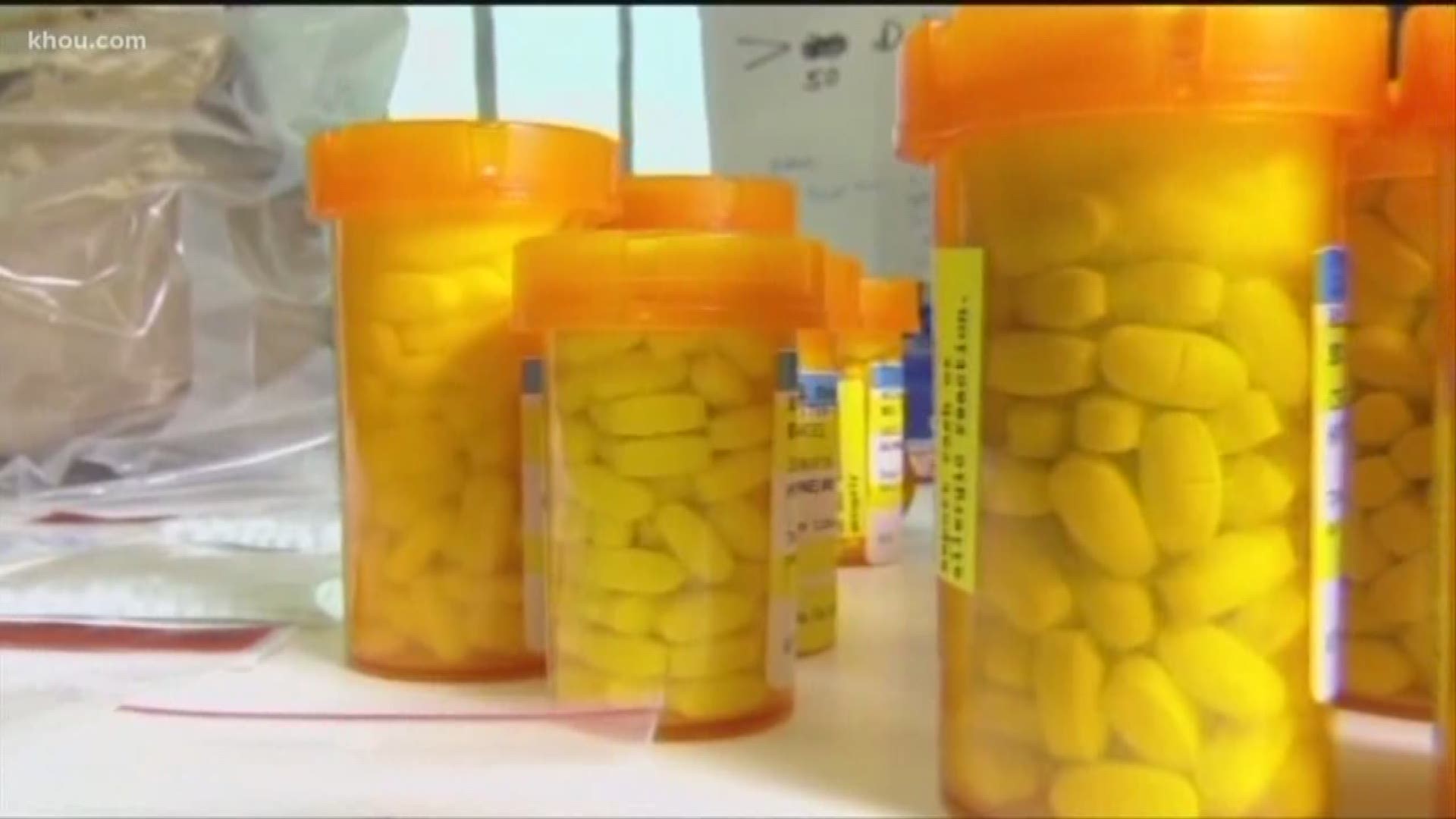HOUSTON — The number of people dying from an overdose may have finally peaked in the U.S.
Early numbers from the Centers for Disease Control and Prevention show overdose deaths fell in 2018.
Local doctors still call it an epidemic. However, a UTHealth program is changing the course of addiction for many.
For instance, Debi McNerny has been trapped in what seemed like a never-ending cycle of addiction for more than 30 years.
“I lost myself. I lost my soul. I was very unhappy," McNerdy said.
It all started when she was prescribed percocets after a car accident, and it was downhill from there.
“You sit there and you cry, and you just don’t know what to do,” McNerdy said.
She tried to stop taking prescription drugs, but nothing worked.
Today, she’s enrolled in UTHealth’s Houston Emergency Opioid Engagement System, HEROES, program.
“I mean, I came in kicking and screaming. Trust me, I wasn’t a happy camper when I got there, but I was desperate," she said.
Dr. James Langabeer created HEROES. He said it offers free treatment options like counseling, medical screenings and accountability among other components.
“We wrap people in a comprehensive system of care that you really can’t find anywhere else,” Dr. Langabeer said. “It just doesn’t exist in the healthcare system across the country.”
He said they don’t wait for someone to come in with a problem.
“We go to their home and then we bring them into a treatment program and try to change the way they’re thinking,” he said.
Dr. Langabeer said there are 330 patients in the program.
“We grow about 15 to 20 per week and we can expect 85 percent of those to make it through 90 days,” Dr. Langabeer said.
McNerdy is now seven months drug-free. She said it’s something she will have to work on every day of her life.
“It’s a disease," she said. "I didn’t ask for it, but I have it, so like any disease, you have to work on it every day."
It’s a road to recovery she doesn’t plan to detour from.
ALSO POPULAR ON KHOU.COM

